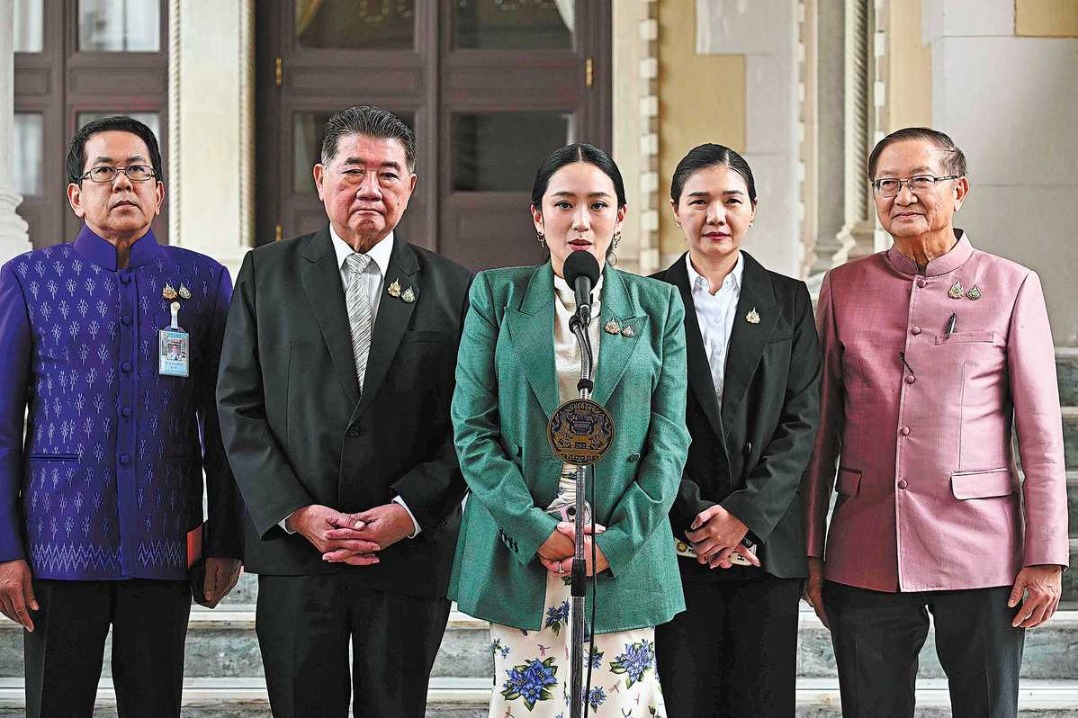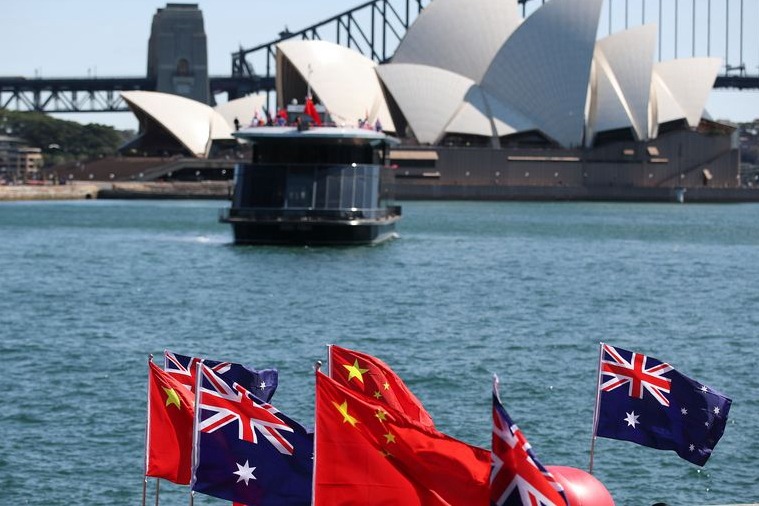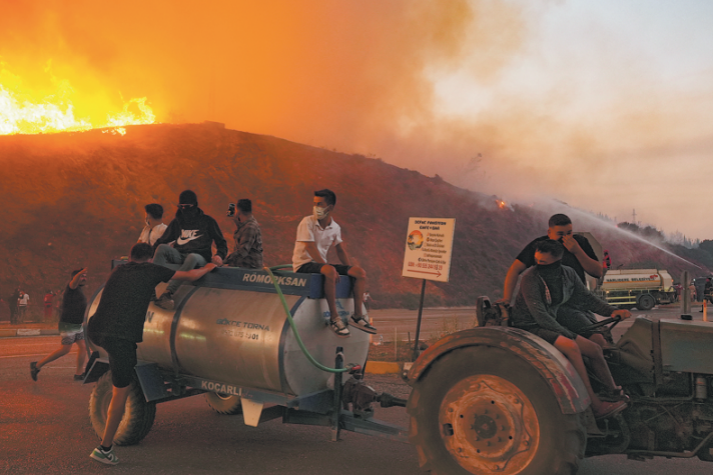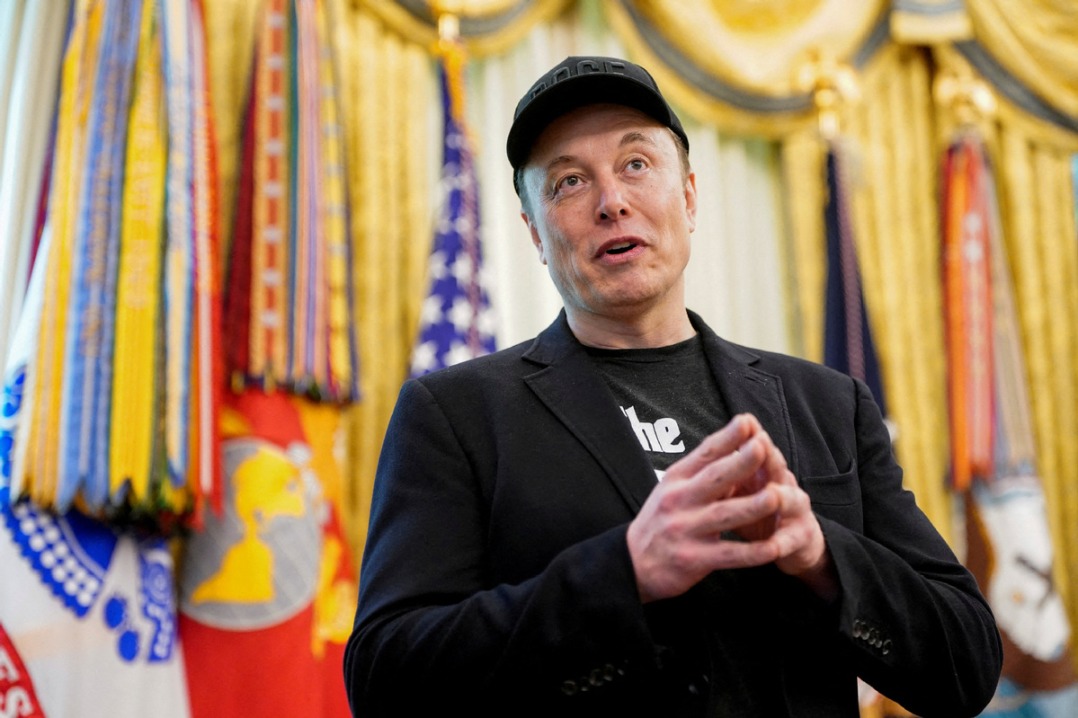How the pandemic is reshaping relationships in society


I recently heard the story of a teacher who asked children in her class to draw pictures of their families as part of an assignment. To the teacher's surprise, more than 75 percent of the students drew pictures of parents and children distanced from each other and wearing masks.
The usual holding of hands in most children's drawings was a glaring omission, which led the teacher to question "why?"
While the change in the learning environment and constant exposure to wearing masks may have contributed to the children's observations, it is apparent that the effects of the current COVID-19 pandemic have become entrenched in family settings.
Less than five years ago, Africa did not know of social distancing, and wearing masks was a purely foreign concept. It is, however, slowly dawning that this practice has to become part and parcel of day-to-day lives.
The children's drawings could simply be put down to the new custom of wearing masks and seeing their parents wearing them in public places.
Pandemics have in the past disrupted what society holds dear, altering how people relate to and work with each other. They also further serve as a cause for reflection, thereby exposing the core of societal shortcomings.
Declared a pandemic in 1981, HIV/AIDS has continued to ravage society, causing stigma among people, severe strain on health systems and immeasurable negative economic impact in Africa.
The pandemic has changed the way people relate to each other and heightened the divide in their ideologies and created many misconceptions including stigma, ostracism, discrimination and rejection of infected and affected people.
The cholera outbreak, dubbed the forgotten pandemic, has affected the most vulnerable nations, especially in sub-Saharan Africa, and thus brought about stereotyping, with the disease attached to poverty and a lack of social development.
The COVID-19 pandemic brought about the cessation of movement within African countries and beyond. Frequent curfews to so-called hot spot zones and people avoiding nonessential travel resulted in them staying indoors more and self-confining, with some governments strictly prohibiting in-person meetings.
Visiting hospitalized relatives has also become a tall order, with some hospitals limiting visits to only one person per patient per day. This is abnormal compared with the past when a whole family and friends would visit a patient to offer support, love and a feeling of being wanted.
A friend of mine confided in me, with a lot of sorrow and sadness, that the closest she could get to her mother in the hospital was from the door of the ward, and only for a few minutes. She longed to see her mother up close, hug her and hear how she was feeling.
In addition, some governments have set limits for attending weddings and funerals. Long gone are the times when an entire village, invited or not invited, would attend a wedding or funeral or even mourn their loved ones for a week before burying them.
To ease travel and the risk of infections, many European countries have endorsed the use of COVID-19 passports for travel across the European Union, a decision that is being emulated by other countries.
Although the vaccination rollout has given people some confidence to interact, travel is still at a minimum.
Before the pandemic, when a person had an accident or suddenly fell ill, good Samaritans would be more than willing to offer assistance. However, nowadays, people would rather keep their distance than risk the chance of contracting the novel coronavirus. In a way, the virus has eroded some of our humanity and created walls between people, rather than bridges that help us reach and help each other.
We have barely scratched the surface of this pandemic, yet its effects are far-reaching. How this pandemic will alter the history of the world we still do not know.
This notwithstanding, it might be possible that with the discovery of vaccines for the virus, COVID-19 might disappear into obscurity like other pandemics that have rocked the world such as the deadly bubonic plague.
The author is an independent business and finance consultant based in Nairobi, Kenya.

































